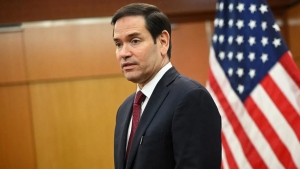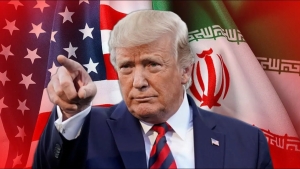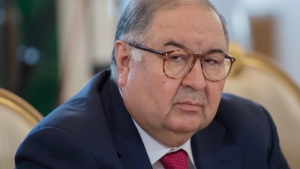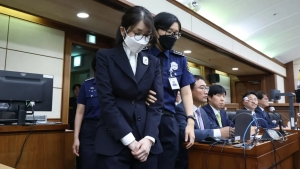Putin called on Iran to abandon its nuclear program
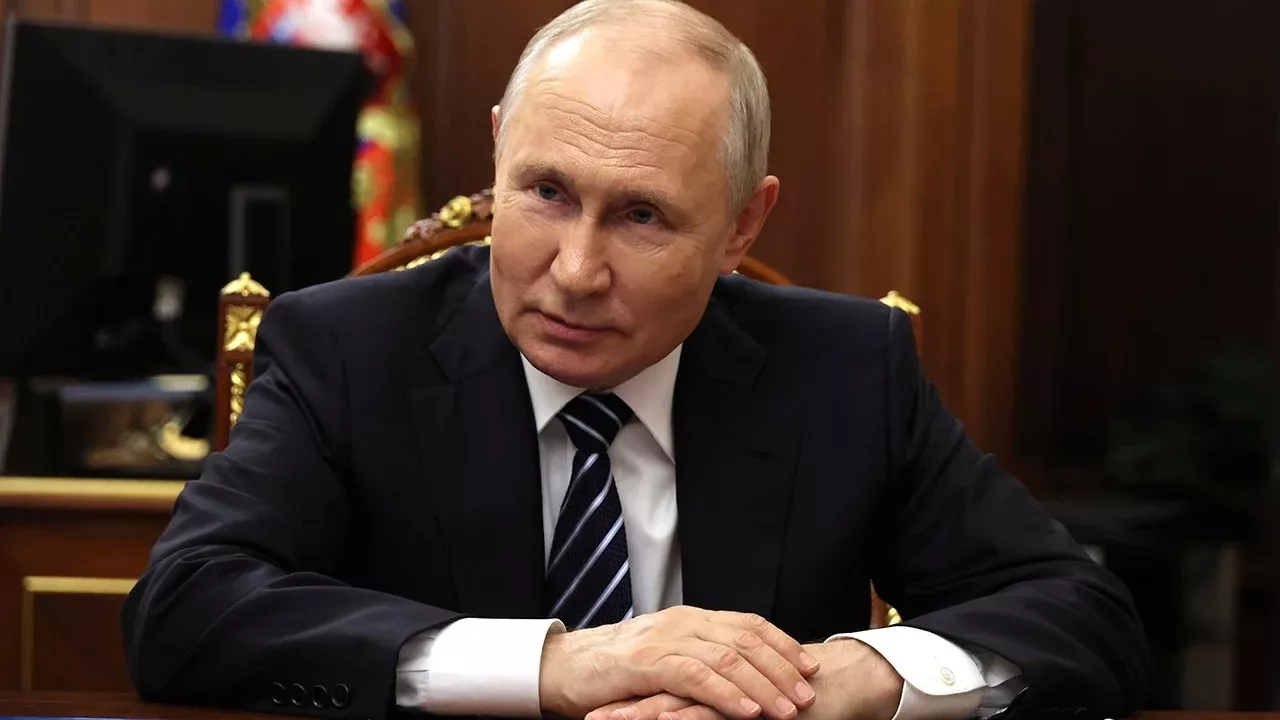
In recent weeks, Russian President Vladimir Putin has taken an unexpected step in the international political arena. This was reported by Zamin.uz.
His initiative could lead to a new era in nuclear issues. According to Axios, sources close to the negotiations reported that Putin personally reached out to Donald Trump and Iranian officials.
The Russian leader has called on Tehran to completely abandon uranium enrichment. Previously, Moscow had always defended Iran's nuclear program.
Russian officials had supported Tehran's right to enrich uranium on the international stage. However, after the 12-day armed clashes between Israel and Iran, the Kremlin's position changed dramatically.
According to the publication, Putin personally contacted Iranian leaders after the war, emphasizing the necessity of abandoning the nuclear program. This is being regarded not only as Russia's position but also as an important decision for global security.
Additionally, Moscow has informed the Israeli government about this. One of Israel's senior officials stated, "We are aware of the message Putin sent to Iran."
It is worth noting that on June 13, Israel launched a large-scale attack against Iran's nuclear facilities and high-ranking officials. In response, Iran fired ballistic missiles at Israeli territory.
On June 22, the U.S. conducted airstrikes on several Iranian nuclear facilities. Two days later, both sides announced a ceasefire regime.
According to official reports, 935 Iranians were killed as a result of the Israeli strikes. Iran's retaliatory strikes resulted in the deaths of 28 Israelis.
Against this backdrop, U.S. President Donald Trump announced that Iran's nuclear program had been "halted anew." However, U.S. media outlets view this statement with skepticism, emphasizing that the program has only been temporarily pushed back.
Trump has labeled such views as "fake news." In the ongoing negotiations and pressures, whether Iran is ready to abandon its nuclear program remains a crucial question.
The unified position of Russia and the U.S. could play a key role in resolving this issue. Nuclear security has once again become a central theme in international politics.



